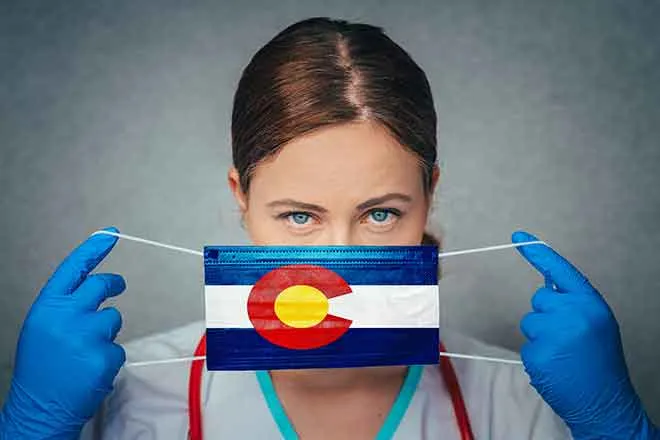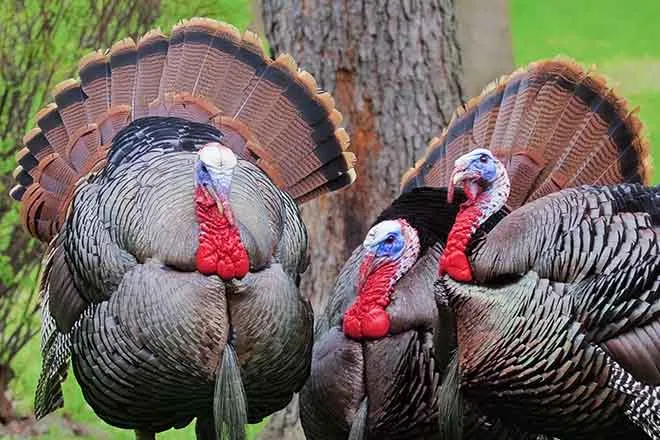
Tribal leaders ask Congress for help with fentanyl crisis in Native American communities
(Colorado Newsline) Leaders of Native American tribes detailed the fentanyl crisis in Indigenous communities during a Wednesday U.S. Senate hearing.
“This growing crisis is rooted in the longstanding structural inequities in Native communities,” said Sen. Brian Schatz, Democrat of Hawaii, who chairs the Senate Committee on Indian Affairs.
Alaska GOP Sen. Lisa Murkowski said she was disturbed that Alaska Native populations have some of the highest fentanyl overdose and death rates.
Tony Hillaire of Washington state, chair of the Lummi Indian Business Council — the governing body of the Lummi Nation — said tribal leaders are not only battling fentanyl, but are coming across another drug called carfentanil, a synthetic opioid that is 100 times more lethal than fentanyl.
“Just when we think we have a grasp on how we are handling this drug epidemic and reducing harm, a new, more robust version of fentanyl appears and comes back at us with even deadlier effects,” Hillaire said.
Tribes in Washington state have called on Gov. Jay Inslee to declare a public health emergency over the opioid crisis.
Democratic Sen. Maria Cantwell of Washington state, who pushed for the hearing, asked about the relationship between federal law enforcement relations and tribes.
“What I feel and hear from the Lummi (Nation) is that without the adequate tribal resources, I almost feel that Indian Country is being targeted,” Cantwell said.
Hillaire said that there are issues with jurisdiction. A U.S. Supreme Court case in the 1970s limited the ability of tribes to prosecute non-Natives who commit crimes in Indian Country. In 2021, the Supreme Court ruled that tribal officers have the authority to detain non-Natives suspected of committing crimes on reservations until non-Native law enforcement arrives, but the authority to detain can only go so far.
Sen. Jon Tester, Democrat of Montana, asked Bryce Kirk, the councilman for the Assiniboine and Sioux Tribes of the Fort Peck Reservation, what happens if someone is caught selling drugs on a reservation, and they are non-Native.
Kirk, of Poplar, Montana, said that if the nearest county can’t take in that person, then tribal police have to let them go.
Tester asked what action Congress could take.
“Give us the criminal jurisdiction to be able to charge them in tribal court, so we’re able to hold them in our jails,” Kirk said.
Federal funding needed
Jamie Azure, an enrolled member of the Turtle Mountain Band of Chippewa Indians and chair of the tribe in North Dakota, said federal funding for treatment centers is crucial to combating fentanyl addiction.
Azure and Kirk added that there needs to be a better investment in mental health.
Kirk said that in all the reservations across Montana, a leading cause of death is suicide. He urged Congress to include the president’s request of $80 million for fiscal year 2024 to support Native behavioral health and substance abuse disorder programs.
Kirk told senators that there needs to be more support within the Indian Health Service for treatment because there is currently only one outpatient treatment facility on his reservation.
“While I acknowledge this is more than many reservations have,” he said, “it is not enough… many people on our reservation need inpatient treatment.”
Hillaire told senators that when tribal members want treatment, “too often, we must turn them away because we do not have beds or capacity.”
He said that the Lummi Nation has raised about $15 million to build a “culturally attuned detox center,” but that they need an additional $12 million.
Claradina Soto, an associate professor at the University of Southern California who studies behavioral science, said that in her research with Native communities, she’s found that culture is essential to recovery and resilience.
“Having our traditional ways, and that may be very different for many of our different communities,” she said. “Drumming, dancing, song, traditional ceremonies, bringing in our community, our elders. Culture is essential.”
Colorado Newsline is part of States Newsroom, a network of news bureaus supported by grants and a coalition of donors as a 501c(3) public charity. Colorado Newsline maintains editorial independence. Contact Editor Quentin Young for questions: info@coloradonewsline.com. Follow Colorado Newsline on Facebook and Twitter.

















